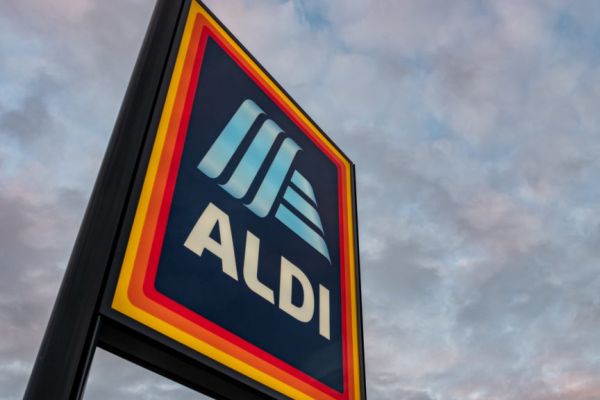Laser Cards will no longer be an accepted form of payment from Friday February 28, 2014. The Irish Payment Services Organisation Ltd (IPSO) announced the closure and reminded both shoppers and retailers that Laser cards will cease to operate after the midnight deadline. If a Laser card is presented for payment after that time, machines will display an error message and payment will not go through.
Banks have been phasing out Laser cards in favour of international brand debit cards, Visa and MasterCard in advance of the change.
Laser cards are unique to Ireland, and Úna Dillon, Head of Card Services & Communications at IPSO says that the Laser card became unfit for purpose in this growing ecommerce market. "With SEPA now here and new technologies being introduced across the world of payments, the small domestic scheme could not develop given it operated under a non-profit organisation.
"The Laser members chose to issue both Visa Debit and Debit MasterCard debit cards instead as these cards provide global reach and support such security tools as 3D Secure, Card Security Code, etc. Those schemes are also capable of developing the card offerings much quicker than Laser ever could."
The IPSO has advised retailers currently accepting Laser cards for subscriptions, ongoing payments for policies or recurring transactions to make arrangements with their customers to obtain an alternative payment method. Retail Ireland director Stephen Lynam says the phasing out of Laser has been on the cards for quite a while now, so it is important that all retailers are ready. He said, "New developments in the area of payments offer potential benefits to retailers and consumers, although we are concerned that retailers are having to pay more and have highlighted these concerns to Government."
The Laser Card Scheme was established in Ireland in 1996, providing an alternative payment tool to cash and cheques. By 1997 AIB, Bank of Ireland, Irish Permanent, National Irish Bank, TSB Bank and Ulster Bank were issuing Laser cards to their current account customers according to the IPSO. ACC Bank and First Active joined the scheme later on and were the first to withdraw from the scheme a number of years later.
In 2002 Chip & PIN adaptions were enabled, to ensure security measures were upheld by the card payments industry across Europe. Fraud was always low on Laser with levels of fraud to turnover remaining consistently at 0.03% over the years ,which compared well against an average of up to 0.14% for general card payments in Europe.
Laser reached its highest number in 2011 when there were more than three million active Laser debit cards in the market. The highest value spent on goods and services was €11.1 billion in one single year (2010).
© 2014 - Checkout Magazine by Genna Patterson






